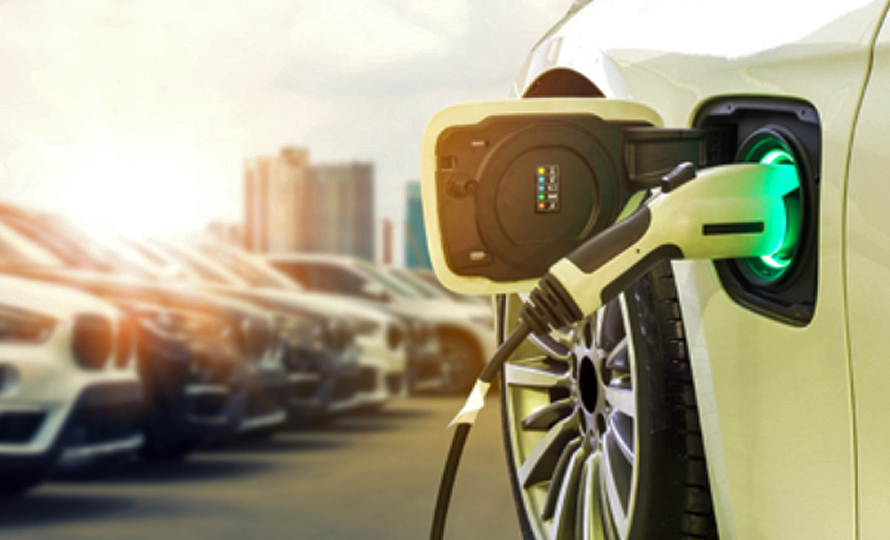
A comprehensive report by Beyond Zero Emissions (BZE) has revealed that strategic measures to bolster Australian manufacturing and cultivate five domestic cleantech supply chains could yield up to $215 billion in revenue and create approximately 53,000 additional jobs by 2035.
The report, titled Make it here: building Australia’s clean industrial future, underscores the urgent need for proactive steps to leverage Australia’s abundant resources and raw minerals while capitalising on the nation’s innovative capacity amidst global efforts to achieve net-zero emissions.
BZE CEO Heidi Lee emphasised: “From making batteries to recycling steel, the future is already being made in Australia. We have the skills, capabilities, and key technologies needed for a zero-emissions economy — let’s put them to work.”
Key findings of the report highlight that nurturing just five onshore cleantech supply chains — including solar, wind, batteries, heat pumps, and commercial electric vehicles (EVs) — could generate $215 billion in domestic revenue and create up to 53,000 new ongoing jobs by 2035.
Additionally, Australia’s rich natural resources, innovative capabilities, and robust manufacturing capacity position it favourably to play a significant role in the global energy transition.
Battery technologies emerge as a particularly promising sector, with the potential to create up to 20,000 jobs and $114 billion in revenue by 2035, driving economic growth while advancing decarbonisation efforts.
The report also advocates for smart investments in industries and regional communities, such as Gladstone, QLD, Kwinana, WA, and the Hunter Valley, NSW, to facilitate a transition from a fossil fuel-dependent past to a cleaner, more sustainable future.
Key recommendations from the report include providing time-limited financial support to foster competitive Australian cleantech manufacturing industries, ensuring robust demand for Australian-made cleantech products, focusing cleantech manufacturing in clean industry hubs, and developing a circular economy.
Lee emphasised the importance of supporting cleantech supply chains to enhance Australia’s energy security, long-term job market, and decarbonisation efforts.
She stressed the need to bolster capabilities across cleantech supply chains to fully capitalise on the benefits, from consumer products to waste management.
“We don’t need to do everything, everywhere, and all at once. We need to focus on amplifying what we excel at and supporting the communities, industries, and businesses that are poised to shape Australia’s future,” Lee concluded.












